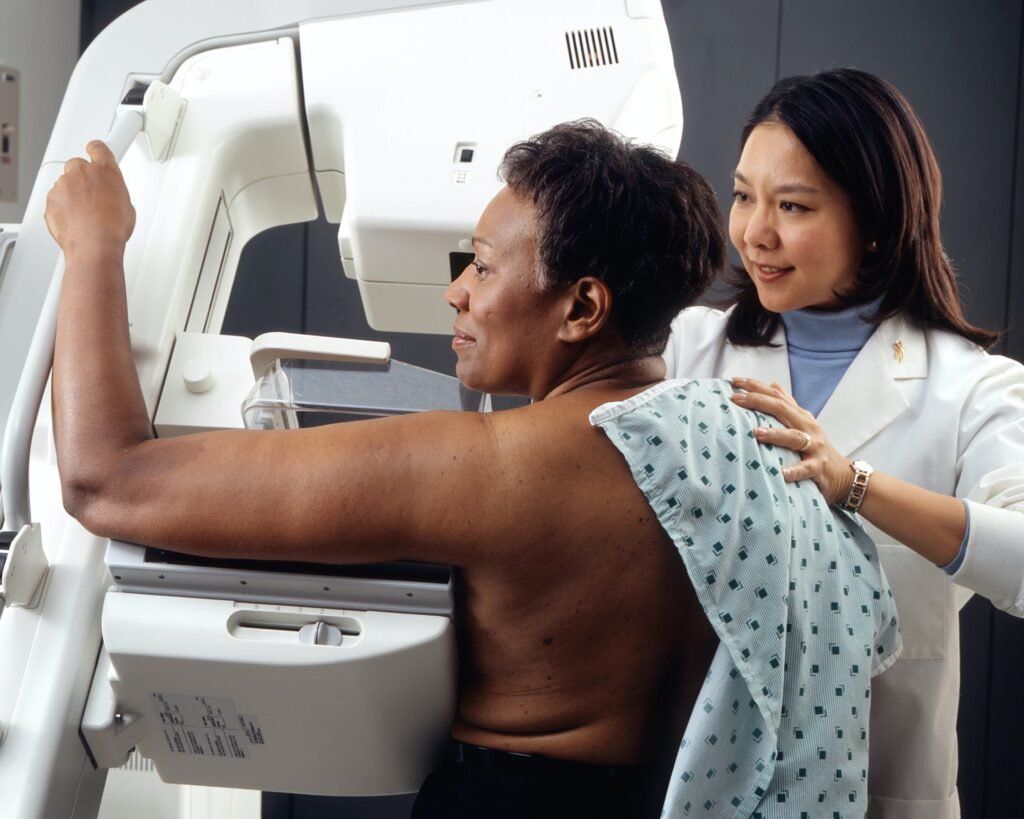The Tomosynthesis Mammographic Imaging Screening Trial (TMIST) has successfully reached its enrollment goal of 108,508 women, according to the ECOG-ACRIN Cancer Research Group. The study will now focus on completing regularly scheduled mammograms and following up on all participants until 2027. The data collected from this study will help researchers personalize breast cancer screening for women by analyzing biospecimens and other crucial data.
Participants in TMIST were randomly assigned to receive either 2D or 3D mammograms. This trial is the first of its kind to compare the effectiveness of digital breast tomosynthesis (3D mammography) to traditional 2D mammography in reducing the risk of advanced breast cancer. The 3D mammography technique provides a three-dimensional image by capturing multiple images of the breast from different angles.
While 3D mammography has been in use for over a decade, there has been a lack of clinical evidence showing its superiority in detecting aggressive breast cancers. Both 2D and 3D mammography methods involve breast compression and radiation exposure, and TMIST aims to determine which technology is more effective in detecting advanced cancers.
The primary results of the TMIST study are expected to be published by 2028, shedding light on whether tomosynthesis is more sensitive in detecting breast cancers that are likely to lead to death. By creating a vast dataset of breast cancer screening images, clinical data, and biospecimens, TMIST will provide valuable insights for developing personalized screening strategies based on individual risk factors and genetics.
The diversity of the TMIST cohort, with 48% of participants being Hispanic or Latino, highlights the importance of including underrepresented populations in clinical trials. The study’s global reach and collaboration with various countries and organizations aim to improve early detection and screening strategies for all women, regardless of race or ethnicity.
Despite challenges in recruitment and enrollment, TMIST has set a new standard for large-scale screening and prevention trials. The collaboration between multiple cooperative groups and study sites worldwide demonstrates the effectiveness of the NCI National Clinical Trials Network in conducting impactful research.
In conclusion, TMIST’s groundbreaking research will pave the way for a more personalized and precise approach to breast cancer screening. The study’s results will not only advance our understanding of breast cancer detection but also help improve screening recommendations and strategies for women worldwide.


